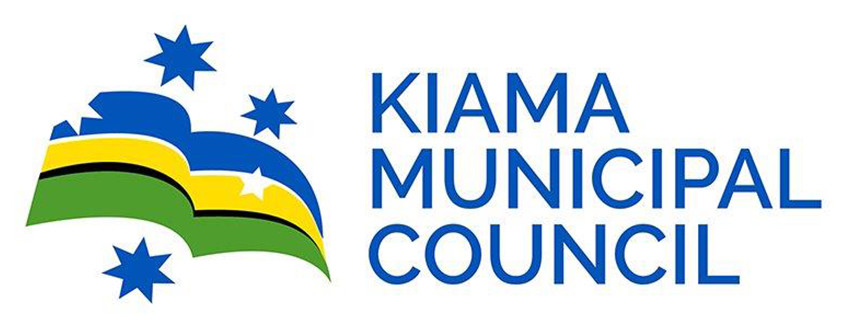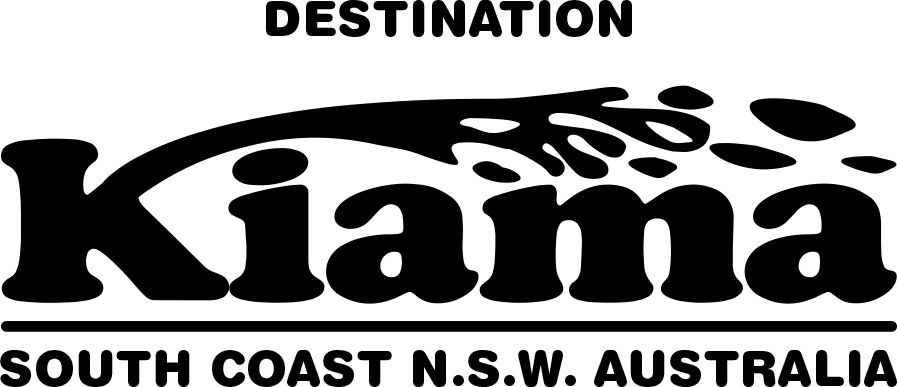With the shortage of backup strikers for Tom Juric and the uncertainty surrounding Tim Cahill’s future for the Russian World Cup, it is unexplainable that Mitchell Duke, the former Mariners striker and current Shimizu S –Pulse flanker, has been overlooked for Socceroo selection since Holger Osieck departed the national scene.
Currently, Duke is at the peak of his career and playing every match in the J-League.
When you consider Mitch Nichols, a player of fine quality, couldn’t establish a career in Japan and more recently Nathan Burns couldn’t secure a contract, there has to be a question mark as to why Duke’s claims for Socceroo selection have been ignored.
When the J-League commences next month, Duke will be firing on all cylinders to catch the attention of the new national coach.
Blessed with blistering pace and an incredible work ethic, many people would believe the time has come for Duke to be considered seriously for a permanent Socceroo squad position.
In this interview with Roger Sleeman, Mitchell Duke discusses these issues and tells all about his life in professional football.
ROGER SLEEMAN
Can you recall the early days, and when you knew there was a future in the game?
MITCHELL DUKE
My family put me into the game at the age of four and I developed a great love for it in my teenage years.
However, I was a late bloomer and didn’t finally sign professional forms till the age of twenty one at the Mariners.
At the age of 18-19, I was looking at setting myself up and at the time I was working three days a week in an electrical apprenticeship while playing for Parramatta Eagles in 1st grade.
R.S.
Who discovered you?
M.D.
I was playing in Youth League for the Eagles and came on as a late replacement in one particular game.
In the stands that day was Tony Basha, the current Rydalmere NPL head coach and owner of the Australasian Soccer Academy. I made a good impression on Tony and he met my father that day and I joined the Academy and went on a few tours to Asia where I made some good progress. Eventually, Tony convinced Tony Walmsley, the youth coach of the Mariners, to sign me.
R.S.
What was your experience at Parramatta like?
M.D.
I played in Youth League from u/13 and was told many times I wasn’t good enough to make the grade but I finally made it to play u/20 at the age of seventeen. I made my debut as a striker in first grade at the age of nineteen and was fortunate to score a hat-trick in one of the early games.
However, what I really wanted was to play football fulltime but I didn’t have anybody pushing for me at Parramatta and obviously a lot of young players are lost to the game like this because they don’t have the right contacts.
R.S.
In August 2013, you had a trial at West Ham but were unsuccessful.
Can you explain the sequence of events?
M.D.
It wasn’t a trial because I didn’t have dual citizenship or the required Socceroo caps so I couldn’t have played with the Hammers anyway.
It was just an experience to get my name out there and I didn’t have a good agent to get me to other places in Europe to showcase my ability.
However, the experience was amazing in terms of witnessing the playing ability at the club, training regime, unlimited financial resources and training facilities and was a stark contrast to the Mariners where we hadn’t been paid for a few months.
I also had my name in the local newspapers describing the Aussie, Mitch Duke, who was training at West Ham which was a good feeling but in the end it was only an experience.
R.S.
Can you relate your experiences with the Mariners?
M.D.
I had a couple of good seasons with the youth team playing with players like Ibini, Caceres and Fitzgerald and we won the Youth League title in my first year there.
I was coached by Tony Walmsley and scored freely.
Graham Arnold gave me my debut in the first team that season when I was still in the youth team and I scored in my first start against the Gold Coast.
I scored eleven goals in youth league that season but Ibini was offered a contract and I wasn’t.
The next year I played in Youth League but I was working three jobs also to pay the bills until Arnie finally offered me a contract.
R.S.
How did you rate the coaching staff and your team-mates at the Mariners?
M.D.
Arnie was a great help in correcting my weaknesses, particularly in receiving the ball and moving off the ball with my back to goal. He believed I was a raw talent with the potential to go a long way in the game.
Phil Moss was a good ally who knew what I was capable of and was responsible for changing me to a wide role which required readjustment to a fetch and carry responsibility up and down the line.
Jon Hutchinson was the ultimate leader who looked after the young players and Nick Montgomery played a leading role in my development as a senior player.
In my first year in the senior team, I was the first choice striker until Daniel McBreen came to the club.
Montgomery pulled me aside and invited me to his home and said I could make it in the top leagues of the world if I knuckled down and focused more.
It was a wake up call for me because after getting a contract I settled into a comfort zone.
Montgomery said I shoudn’t be happy coming off the bench because I should have been thinking about raising my levels so I could go overseas.
His comments worked because I scored eight goals from January, 2014 to the end of the season.
R.S.
How did you manage to end up in the J-League?
M.D.
A few scouts saw me and liked what they saw and Eddie Bosnar gave me a lot of knowledge about the Japanese game.
My agent was instrumental in eventually getting me a contract with Shimizu S- Pulse but only after I went to Japan to see the setup which was highly professional.
Since I’ve been there I’ve really been looked after and the fans are fantastic.
However, when I did finally get the offer in early 2015, I unfortunately tore my anterior cruciate ligament which saw me miss much of the season and even worse we were also relegated.
Thankfully, we fought back and gained promotion for the 2017 season.
R.S.
Why haven’t you played more times for the Socceroos?
M.D.
I was in favour with Holger Osieck and I played four internationals under him, but after he left I was off the radar in the selection stakes.
I suppose being changed to a wide player where I was creating, rather than scoring goals, didn’t help and I was out of the spotlight.
It might be different if I was playing as a central striker but I’m competing with Leckie and Kruse who are the established wide players.
However, Tom Juric is the main central striker with no real backup.
R.S.
What was your relationship with Ange Postecoglou like?
M.D.
I haven’t had much to do with him
And when he didn’t pick me for the preliminary Socceroo squads for the World Cup qualifiers, I was very disappointed.
Now that he’s gone, I just have to keep performing to be noticed by the new coach whoever he will be. Hopefully, he will notice me and perhaps include me in the squad for the March international.
As for Ange, I hope to show him what I can do when we play Yokohama this season.
R.S.
How does the standard of the J-League compare with the A-League?
M.D.
The A-League is hampered by the absence of relegation so if a team is thrashed by Sydney FC, it has no significance whereas every match in the J-League is crucial and the fans are quite fanatical when relegation threatens.
I think the A-League is a comparable standard but the progress of the Japanese national team and the number of successful Japanese players in Europe is indicative of the relative standards.
R.S.
Where is your career heading, and would you come back to the A-League in the foreseeable future?
M.D.
I have another year on my contract to run and I’m happy living and playing football in Japan.
At the age of twenty seven, barring injury, I have a number of years to play at the top level.
I suppose the World Cup is in the back of my mind but even if I don’t make the final squad, I’m still young enough for the next Asian Cup and the World Cup.
Who knows where I’ll be in a few years time but the A-League isn’t out of the question if the fit is right.
I’ll leave that to my agent who has looked after me well to this stage.



